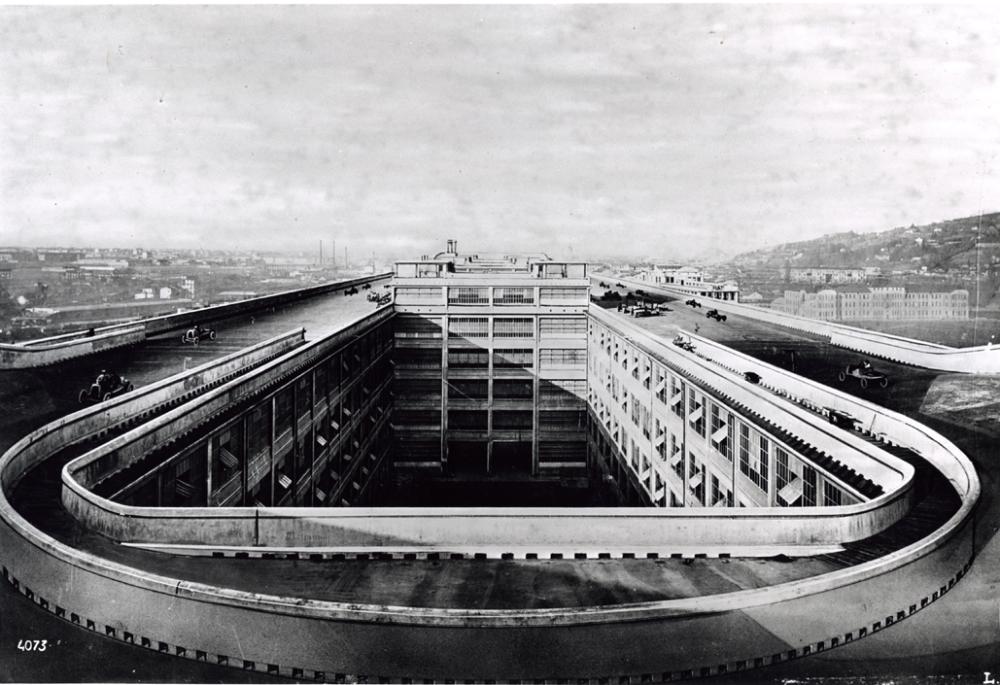Nina Rappaport: Vertical Urban Factory

Nina Rappaport is an architectural critic, curator, historian, and educator. She is focused on the intersection of industry, architecture and infrastructure and the potential for new productive cities worldwide. She directs think tank Vertical Urban Factory, which boasts a recently published 480-page book with Actar of the same name and a consultancy. The project began with an architecture studio at Parsons School of Design in 2008 and a traveling exhibition in 2011. The exhibition has traveled internationally to New York, Detroit, Toronto, London, Brooklyn, Lausanne, and will be in Belgium later this year. Her upcoming exhibition, A Worker’s Lunchbox, will be displayed at the Slought Foundation in Philadelphia this Spring.
For over sixteen years, Rappaport has served as Publications Director at the Yale School of Architecture. She edits the bi-annual magazine Constructs, exhibition catalogs, and a studio book series.
She curated the exhibitions Ezra Stoller: Photographer in Washington, D.C., The Swiss Section at the Van Alen Institute in New York, and co-curated Saving Corporate Modernism at Yale University. She is co-editor of the book, Ezra Stoller: Photographer, author of the book, Support and Resist: Structural Engineers and Design Innovation, and co-author of the book, Long Island City: Connecting the Arts with the Design Trust for Public Space.
Rappaport has taught industrial urbanism, urban design theory, and co-taught architecture studios at Syracuse New York City, Kean University, Parsons School of Design, Barnard College, City College, and the Yale School of Architecture. She has written numerous essays for international journals and magazines, and lectures widely.
Nina Rappaport will present her project, Vertical Urban Factory, focusing on Modernist factories that were significant as agents of innovation and change in the past and today’s renewed opportunity for making space for urban manufacturing.
Today, manufacturing is cleaner, smaller, and can spatially co-exist in dense mixed-use urban neighborhoods. Urban manufacturing creates the potential for people to live and work in the same community and adds cultural and economic vibrancy to our cities. At the same time, the resurgence of manufacturing activities in our cities challenges outdated architectural thinking about “factory” design, as well as established urban land use and zoning policies. Rappaport will present ways to leverage design to maintain diverse urban spaces and reconsider the potential for building vertically, and thus, more densely, in cities, that, in turn, would reinforce in the cycles of making, consuming, and recycling as part of a natural feedback loop in a new sustainable urban spatial paradigm.
